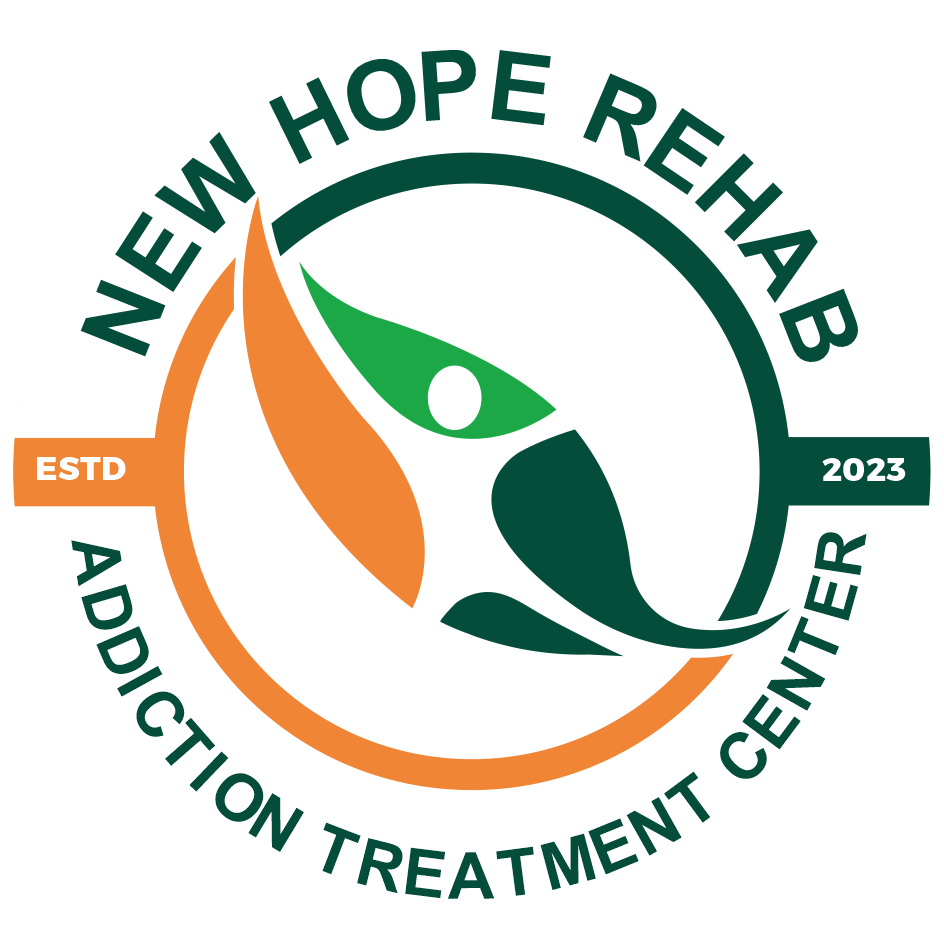ICE | METH Addiction
ICE | METH Addiction
ICE, also known as crystal meth or methamphetamine, is a highly addictive and potent stimulant drug that affects the central nervous system. Meth addiction can have devastating effects on an individual’s physical and mental health, as well as their personal and social life. Here are some key points about ICE or meth addiction
Highly Addictive: Methamphetamine is one of the most addictive drugs. It releases a surge of dopamine in the brain, creating intense feelings of pleasure and euphoria. The rapid and intense high produced by ICE can lead to compulsive drug-seeking behavior, making it challenging for individuals to control their use.
Physical and Mental Health Effects: Prolonged meth use can have severe health consequences, including damage to the heart, liver, and lungs. It can also lead to dental problems (often called “meth mouth”), skin sores from picking at the skin, and significant weight loss due to appetite suppression. Long-term meth use can also cause mental health issues such as anxiety, paranoia, hallucinations, and cognitive impairments.
Behavioral Signs: Individuals addicted to ICE may display various behavioral signs, including increased agitation, hyperactivity, rapid speech, repetitive movements, and staying awake for long periods (binge use). They may also neglect personal hygiene, engage in risky behaviors, and experience mood swings.
Withdrawal: When a person with meth addiction attempts to quit or reduce their use, they may experience withdrawal symptoms, including fatigue, increased appetite, intense cravings for the drug, depression, and anxiety. Meth withdrawal can be emotionally and physically distressing, and in some cases, it may lead to suicidal thoughts.
Treatment Options: Treating ICE or meth addiction usually involves a combination of behavioral therapies and support. Cognitive-behavioral therapy (CBT) and contingency management are commonly used to address the underlying issues related to addiction and develop coping strategies to avoid relapse. Family therapy and support groups can also be valuable components of treatment.
Medical Support: For some individuals with severe meth addiction or co-occurring health issues, medical intervention may be necessary. Inpatient rehabilitation facilities can provide a structured environment for detoxification and intensive treatment.
Relapse Prevention: Meth addiction recovery is a long and challenging process. Developing relapse prevention strategies is crucial to maintaining sobriety. Identifying triggers, building a support network, and learning healthy coping mechanisms are essential components of relapse prevention.
Supportive Environment: Recovering from meth addiction often requires a supportive environment that promotes healing and growth. Family support, involvement in positive social activities, and access to aftercare programs can aid in sustained recovery.
The Requirements
It is essential for individuals struggling with ICE or meth addiction to seek professional help from healthcare providers, addiction specialists, or rehabilitation centers. Overcoming meth addiction is challenging, but with the right support, treatment, and commitment, recovery is possible.
